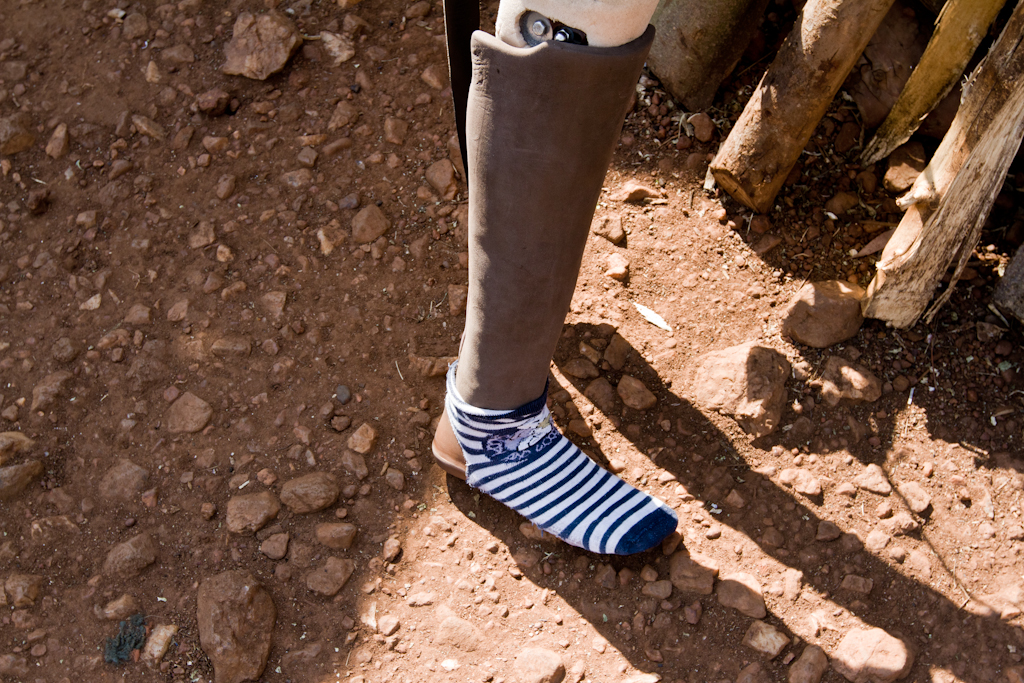
In 2014 Rwanda will mark the 20th anniversary of the 1994 genocide when, over the course of approximately 100 days, more than 500,000 people were killed.
Since then, the country has changed quite a bit: It has experienced huge economic gains in the past decade, political tensions have been greatly reduced, and it enjoys a relatively advanced political system that has enabled women to make significant strides.
But despite this progress, Rwanda is still synonymous with the 1994 genocide, an eight-month civil war between the dominant Hutu against the minority Tutsi. The country is in the process of rebuilding from that unimaginable horror, but there is one sign of the genocide that cannot be erased so easily — the hundreds of thousands of amputees who survived the killing but were left permanently maimed.
Hardly anyone here talks of the genocide. But the amputees remain living records of the country's horrific past.
"We Are the Past" seeks to tell the stories of these people: their struggles, their dreams and their nightmares. They are part of a dynamic society which often excludes them because they are seen as reminders of a past that Rwanda wants to hide and forget.




